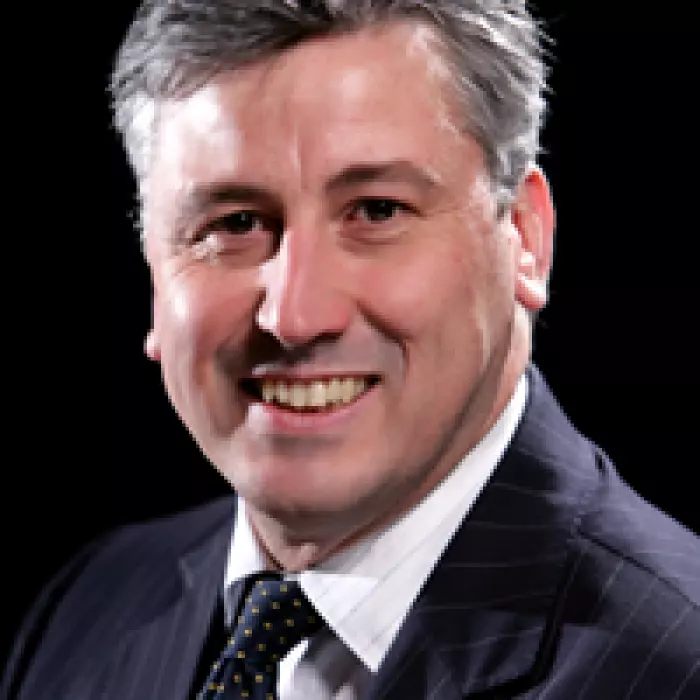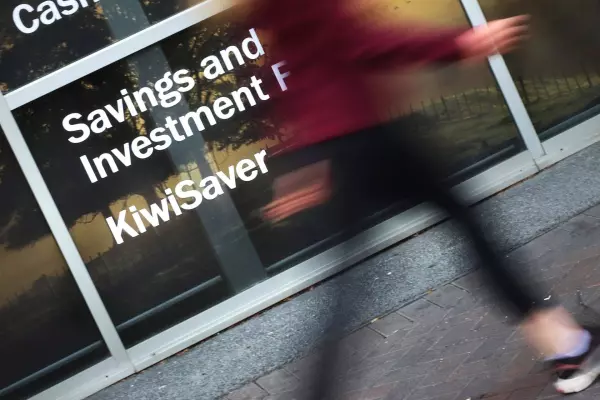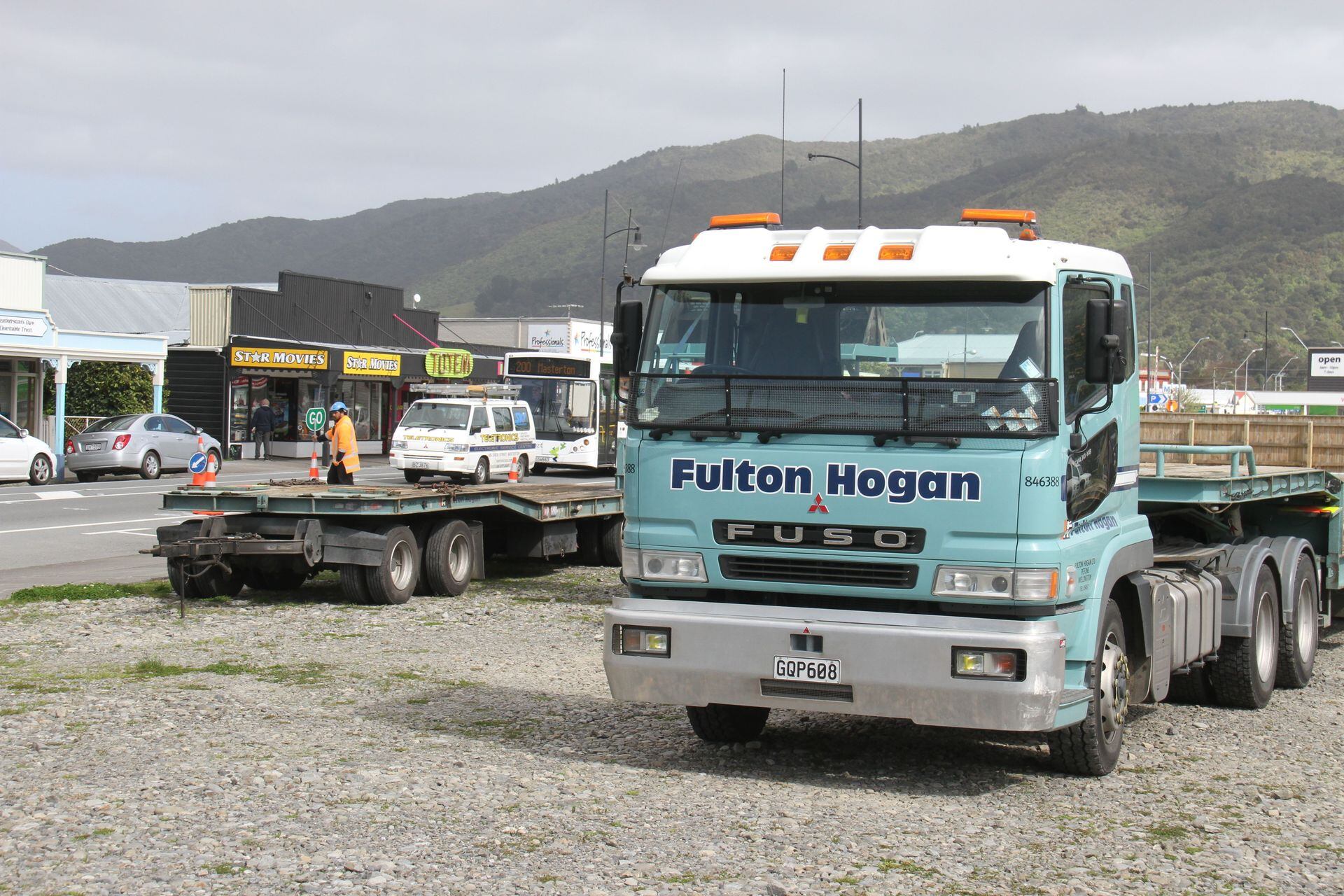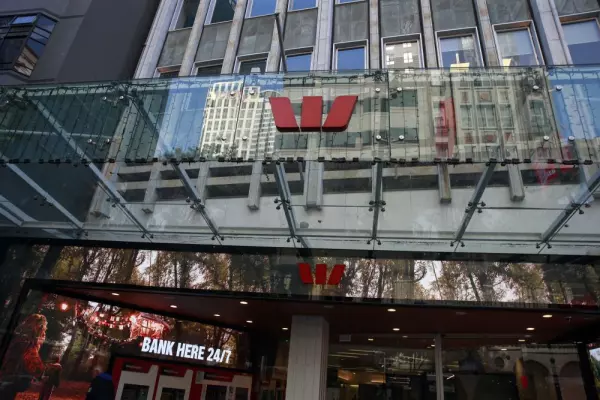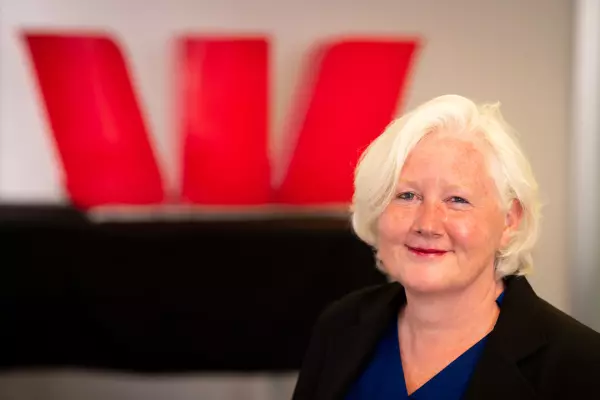The clue is in the custody.
Among that $15 million worth of bad news handed down last week by the NZ Insolvency and Trustee Service to investors who trusted Dunedin financial adviser, Barry Kloogh, there is, if you dig deep enough, one glimmer of optimism.
According to the second liquidator’s report on two Kloogh companies (Financial Planning and Impact Enterprises), any of his alleged 2,000 clients would’ve been safe from fraud if their assets had been held in legitimate ‘custodial’ accounts.
Custodial platforms, such as the FNZ service used by Kloogh, are designed with a high level of client security in mind.
Theoretically, investor funds held in custody should be almost tamper-proof as transactions on-platform happen at arms-length from financial advisers, with reporting direct to underlying clients.
The system worked
It seems that in Kloogh’s case that the custodial system worked as planned. He worked on two platforms – Discovery and Consilium – both running on a similar FNZ software engine.
Here’s how Consilium describes the platform security protocols: “Online client access allows investors to review their portfolio balance at any time. The investor is the beneficial owner of all individual investments. An added security measure is that withdrawals can only be directed to the investor’s nominated bank account. The custodian (FNZ) reports directly to investors twice a year, with independent verification of their portfolio details.”
The liquidators reviewed over 100,000 platform transactions on Discovery and Consilium (all client records swapped to the latter in 2016), finding “no evidence of funds being paid from [Kloogh companies] to FNZ to purchase investments in the name of existing clients to replace stolen funds”.
“From this the liquidator has concluded that where a custody asset is shown in the account of an individual client, that asset belongs to that client and ought not to be pooled for the benefit of creditors generally,” the report says.
But clients didn't use the system
Sadly, however, only a handful of Kloogh investment clients had their assets safe in custody.
The disgraced financial planner appears to have side-stepped the client platform security measures simply by counting on the fact that most people won’t check the details. Instead of routing client money through the legitimate platform custody account, Kloogh channeled funds via false bank accounts where he kept a ponzi in play.
If his clients did believe their assets were held on Consilium, for example, they could have checked directly with the platform.
But Kloogh did make use of one feature of the platform service for efficient administration of his own fraud, according to the latest liquidator’s report. The platform allows advisers to record clients’ “external assets” not held in custody.
“The idea is that a client can see the entirety of their financial situation in one place and not have to compare multiple websites to get an overview of their investments,” the NZ Insolvency report says.
“Mr Kloogh’s clients in the main were not given access to the platform. Instead it appears he used the external asset feature of the platform to keep track of what he had stolen from his clients in order to evade detection.”
Big mess
There is still a big mess for the liquidators to mop up including a review of potentially ponzi payments leaked to Kloogh clients over the years. First-in, first-out (FIFO) is the golden rule for ponzi investors.
Under new legal precedents made in the wake of the country’s most well-known ponzi disaster - the Wellington-based David Ross fraud in 2012 – the Kloogh FIFO investors could be compelled to pitch in to the recovery fund.
“... the liquidator will review whether clawbacks of fictitious profits are available from investors who had received some or all of their money,” the report says. “This investigation is, however, ongoing.”
Ross set the benchmark for NZ ponzis, defrauding investors of about $115 million, as best the liquidators could make out at the time.
Unlike the Kloogh case, though, fake custody wasn’t a factor for Ross: he didn’t even have to pretend a real custodian was involved, dishing out dubious portfolio spreadsheets to his unquestioning clique of investors.
A group of those Ross investors are still looking for someone else to blame in a looming court action against the fraudster’s banker, ANZ.
Ponzi cases keep coming
Indeed, the Ross fiasco prompted new laws requiring better oversight and custody of assets held in discretionary investment management services on behalf of retail clients. The alleged ponzis keep on coming, nonetheless, including two cases currently with the Serious Fraud Office: East Wind and Penrich Capital.
During the at least seven-year run of his scam, Kloogh managed to disappear about $15 million and he still appears as a financial adviser on a Facebook page for a company called Breathe Financial, where the comments are all variations on: "where's the money, Barry?"
Kloogh's response?
“I actually can't remember all of the things that it was spent on, but it was certainly not on a predominance of personal assets, that was not the case,” he told the Otago Daily Times in a deeply offensive apology.
Kloogh plead guilty on March to 11 ‘representative’ charges relating to his ponzi scheme. He returns to court on July 31 to hear his fate: a custodial sentence might do.


